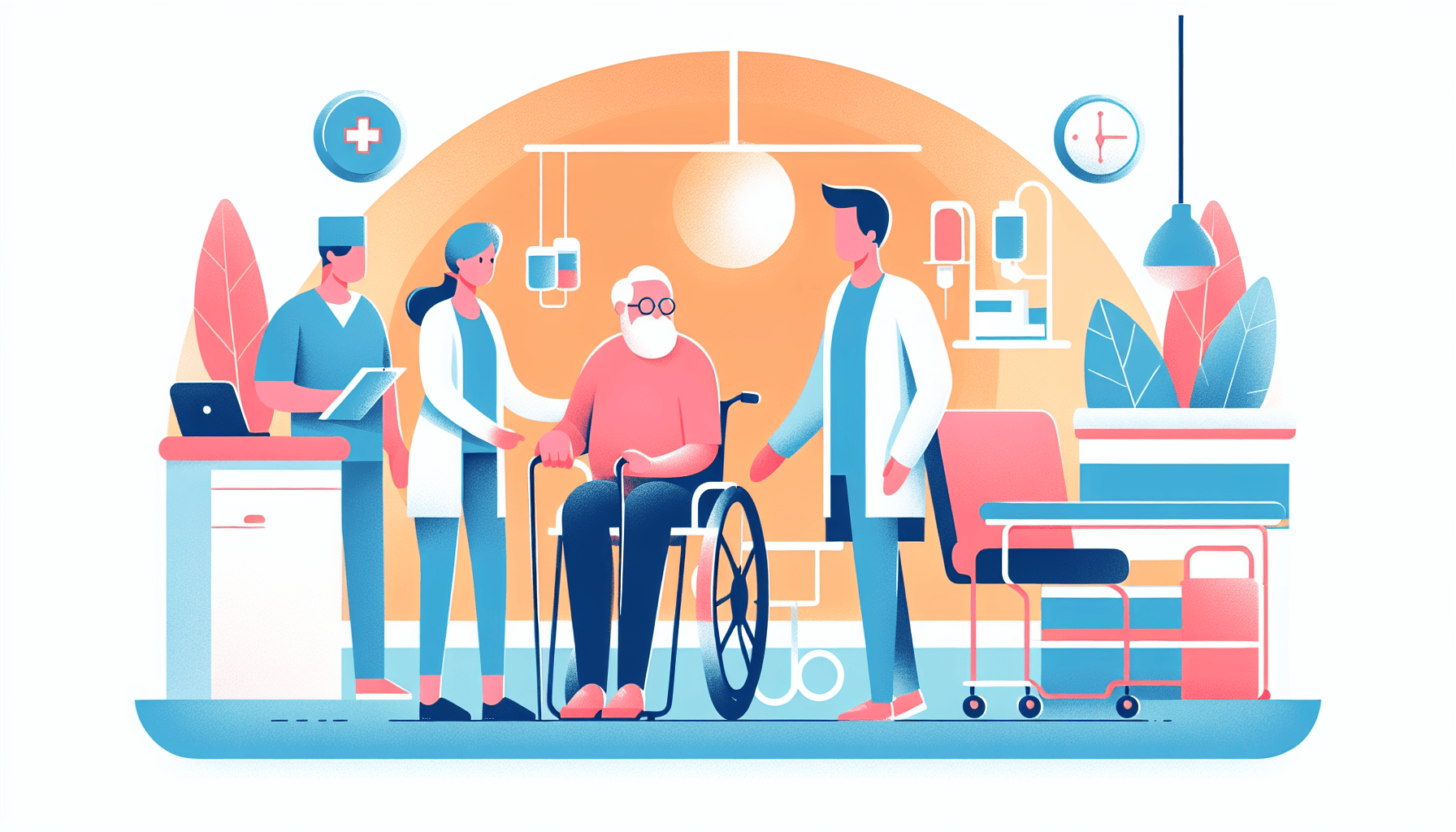As we age, minor medical procedures such as colonoscopies, cataract surgery, and extensive dental work become more common. While these procedures are generally safe and routine, they often involve anesthesia or sedation, which means you'll need a medical escort to help you get home safely afterward. This can be a challenge for the 27% of Americans over 65 who live alone, most of whom are women.
If you find yourself in this situation, don't worry. With proper planning and communication, you can successfully navigate these procedures without a medical escort. Here's what you need to know:
1. Discuss Your Situation with Your Doctor
Before scheduling your procedure, talk to your doctor about your living situation and lack of a medical escort. They may be able to suggest alternative options, such as:
Scheduling your procedure for early in the day, so you have more time to recover before going home
Using a lighter form of sedation that wears off more quickly
Arranging for a nurse or medical transport service to check on you at home after the procedure
2. Arrange for Transportation
Even if you don't have a medical escort, you'll still need a way to get home after your procedure. Some options to consider:
Ask a friend, neighbor, or family member to give you a ride
Use a ride-sharing service like Uber or Lyft
Hire a medical transport service that can provide door-to-door assistance
3. Prepare Your Home for Recovery
Before your procedure, take some time to prepare your home for your recovery. This might include:
Stocking up on easy-to-prepare meals and snacks
Arranging for someone to check on you periodically
Making sure you have any necessary medications or supplies on hand
Setting up a comfortable recovery area with pillows, blankets, and entertainment
4. Follow Your Doctor's Instructions
After your procedure, it's crucial to follow your doctor's instructions for recovery. This may include:
Resting for a certain amount of time
Avoiding certain activities or foods
Taking prescribed medications as directed
Attending follow-up appointments
Remember, your doctor is your best resource for guidance and support throughout this process. Don't hesitate to ask questions or voice concerns about your recovery.
By planning ahead, communicating with your healthcare team, and following your doctor's instructions, you can safely and successfully navigate minor medical procedures, even without a medical escort. For more information and resources on this topic, check out these helpful links:
The Bottom Line
The key to successful solo procedure navigation is honest communication with your medical team about your support limitations before scheduling. Many facilities can modify sedation protocols or connect you with patient advocate services to ensure safe care. If you're feeling overwhelmed about managing an upcoming procedure independently, Doctronic can help you understand your options and prepare effectively.



